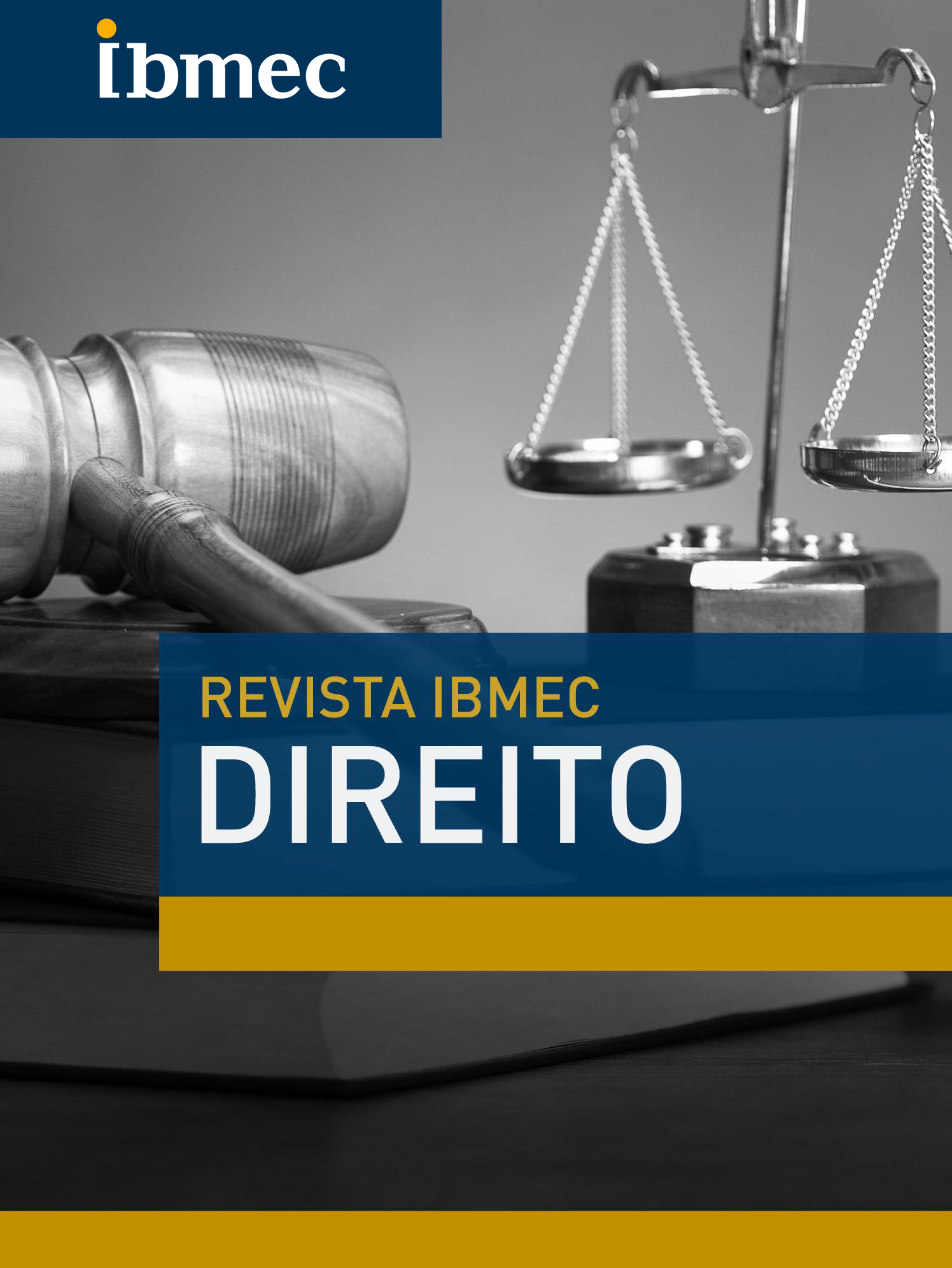TRIBUNAIS DIGITAIS
A COMUNICAÇÃO ELETRÔNICA DOS ATOS PROCESSUAIS
Keywords:
Comunicação processual eletrônica, Domicílio judicial eletrônico, Garantias processuais, Eficiência, Efetividade jurisdicionalAbstract
The lastest legislative updates in procedural law have increasingly integrated technological innovations into the judicial process, effectively transitioning the judicial system into the digital realm in an effort to enhance procedural efficiency and promote greater transparency. This article seeks to examine the legal implications of the implementation of the Electronic Judicial Domicile within the framework of Brazilian civil procedural regulations, alongside the developments brought about by the Resolutions of the National Council of Justice and relevant jurisprudence. In addition to assessing these advancements, the study will explore the challenges encountered by litigants in adapting to electronic procedural communications, particularly with regard to compliance with procedural deadlines and the safeguarding of fundamental procedural guarantees, such as effectiveness, the adversarial system, and access to justice. The rise of electronic notifications represents a significant milestone in the broader digital transformation led by the Justice 4.0 Program, which aims to modernize the Brazilian Judiciary through the strategic use of technology and artificial intelligence, thereby reinforcing the effectiveness and accessibility of judicial services.
References
BRASIL. Resolução n. 455, de 27 de abril de 2022. Institui o Domicílio Judicial Eletrônico e o Diário da Justiça Eletrônico Nacional. Conselho Nacional de Justiça – CNJ. Disponível em: https://www.cnj.jus.br. Acesso em: 12 maio 2025.
BRASIL. Resolução n. 569, de 11 de março de 2024. Altera a Resolução n. 455/2022. Conselho Nacional de Justiça – CNJ. Disponível em: https://www.cnj.jus.br. Acesso em: 12 maio 2025.
BRASIL. Lei nº 11.419, de 19 de dezembro de 2006. Dispõe sobre a informatização do processo judicial. Diário Oficial da União: seção 1, Brasília, DF, 20 dez. 2006.
BRASIL. Lei nº 13.105, de 16 de março de 2015. Código de Processo Civil. Diário Oficial da União: seção 1, Brasília, DF, 17 mar. 2015.
BRASIL. SUPERIOR TRIBUNAL DE JUSTIÇA. AgRg no AREsp 418.019/RJ. Relator: Ministro Marco Buzzi. 4ª Turma. Julgado em: 17 dez. 2013. Diário da Justiça Eletrônico, 4 fev. 2014.
CARNEIRO, Paulo Cezar Pinheiro. O novo processo Civil Brasileiro. Rio de Janeiro: Forense, 2021.
GERMINARI, Jefferson Patrick, et.al. Inteligência artificial, automação de processos, interoperabilidade e custo-benefício: onde está o problema da efetividade brasileira. Revista Brasileira de Direito, Passo Fundo, v. 20, n.2, maio-agosto, 2024.
GRECO, Leonardo. Instituições de processo civil, v.1. Rio de Janeiro: Forense, 2009.
MARINONI, et.al., Curso de Processo Civil. v.2. São Paulo: Revista dos Tribunais, 2015.
NEVES, Daniel Amorim Assumpção. Manual de direito processual civil: volume único. 17. ed. rev., atual. e ampl. – Maxi formato. São Paulo: Editora JusPodivm, 2025.
PINHO, Humberto Dalla Bernardina de. Manual de Direito Processual Contemporâneo. São Paulo: Saraiva, 2019.
Downloads
Published
How to Cite
Issue
Section
License
Copyright (c) 2025 Michele Paumgartten, Mariana França Bandarovksy

This work is licensed under a Creative Commons Attribution-NonCommercial-NoDerivatives 4.0 International License.




